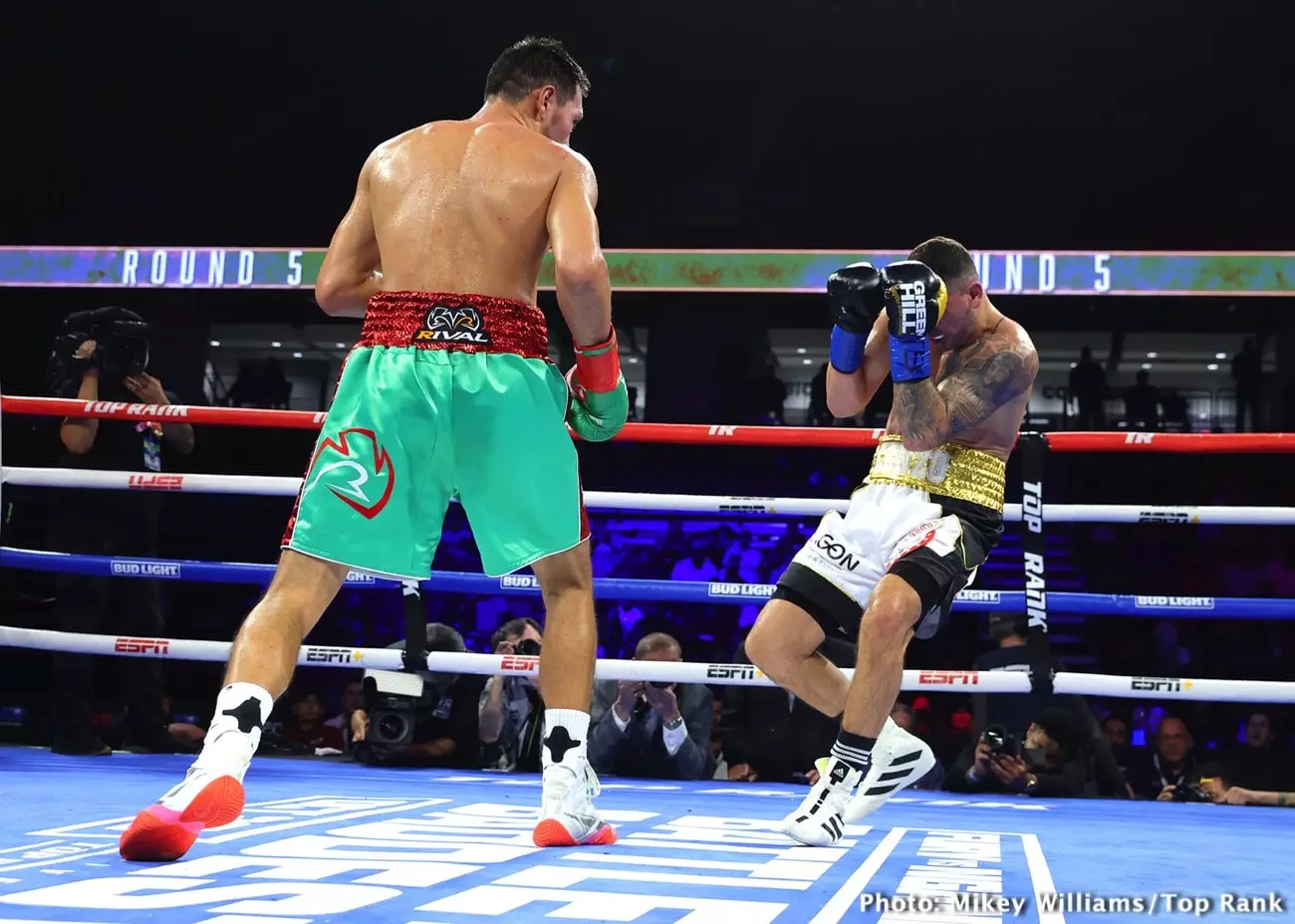As the boxing world looks ahead to May 2025, Terence Crawford finds himself at a crossroads in his career. After moving up to the junior middleweight division, Crawford’s ambitions are clear: he wants a high-profile bout against the legendary Canelo Alvarez. However, if he wishes to attract Alvarez’s attention, he may need to consider stepping up another weight class to compete at the middleweight level. This might seem like a strategic move, but weighing the implications of such a decision is crucial.
Crawford’s recent ascent to 154 pounds proves he is not afraid of challenges. Yet, if he remains at this weight without engaging in fights deemed significant by Canelo’s standards, he risks being overlooked. Alvarez has a history of dismissing opponents who do not weigh up against his caliber, and Crawford’s decision to remain anchored at junior middleweight may limit his opportunities to secure a marquee fight.
One possibility for Crawford to enhance his appeal is to challenge Janibek Alimkhanuly, the undefeated IBF and WBO middleweight champion. At 5’10”, Alimkhanuly’s size and strength present potential challenges that Crawford might not want to overlook. Yet, taking a chance against a top contender in the middleweight division could serve as Crawford’s “statement fight” that signals his readiness for boxing’s elite, including Canelo.
However, a jump from junior middleweight to middleweight is not without its risks. This transition must be treated with caution; Crawford’s performance against a formidable opponent like Alimkhanuly could make or break his future chances against Alvarez. If he falls short in this endeavor, it could lead to a significant decline in how the boxing community perceives him, particularly concerning his viability as an opponent for Canelo.
Staying at 154 pounds could also subject Crawford to mounting pressure from fans and boxing analysts to face other top contenders like Bakhram Muratazaliev and Sebastian Fundora. Engaging these fighters could yield a troubling outcome for Crawford, as both have the potential to defeat him and ruin his prospects. A loss against either could permanently tarnish his legacy and further distance him from a lucrative match with Alvarez.
Moreover, history suggests that fighters who remain stagnant in their weight classes often find it difficult to gain favorable matchups, particularly against fighters of Alvarez’s caliber. The present landscape illustrates a competitive environment, and Crawford’s refusal or inability to step into the middleweight spotlight may lead to stagnation in his aspirations.
A potential fight with Alvarez isn’t just about weight; it involves navigating a complex interplay of business, reputation, and legacy. With Alvarez’s considerable wealth and status, financial incentives alone may not be enough to coax him into a matchup with Crawford. There’s a palpable sense that Alvarez is looking for fights that not only secure his financial future but also bolster his impressive legacy. Crawford’s reputation as a movement-based fighter might not align with the type of challenge Alvarez seeks, marking another hurdle in the potential matchup.
Terence Crawford’s next moves must be strategic and well-calibrated to maximize his chances of elevating his profile within the sport and securing a coveted bout against Canelo Alvarez. Whether it’s stepping up in weight, accepting high-risk bouts, or adequately navigating ambiguous negotiations, the pathway is fraught with challenges yet brimming with potential opportunities to solidify his legacy in boxing.

